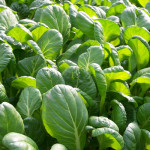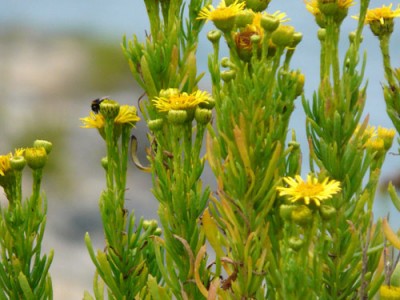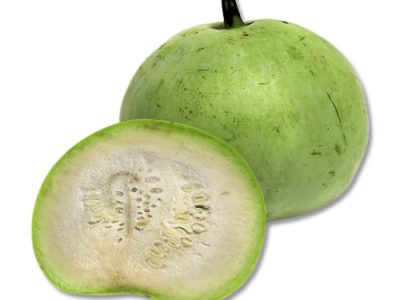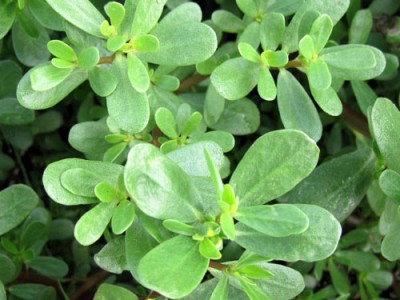
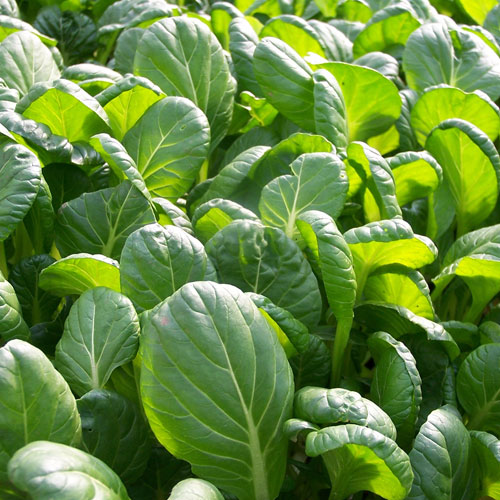
Japanese Mustard Spinach Health Benefits
Japanese Mustard Spinach
Plants and trees lead a wonderful and positive life till they depart from this earth. Everyone should learn the tricks of survival and many other interesting things from the life of a plant. It tries its level best to survive in this planet and only when it is unable to fight for survival it dies. This topic will deal with a plant named Japanese mustard spinach which comes under plantae kingdom and family brassicaceae. The botanical name of Komatsuna is Brassica rapa var. perviridis. Brassica is a leafy vegetable which is found in large numbers in the country of Japan.
Cultivation
This variety is found in a village named Komatsugawa village where it was heavily grown during the Edo period. These plants are very rich in calcium and used in salads and soups. The leaves are highly edible and can be eaten at any time during the growth of the plant. In a mature plant they are dark green with slender light green stalks, around 30 centimeters (12″) long and 18 cm (7″) wide. It is most often grown in the spring and autumn, as it cannot endure extreme heat or cold for more than a short time. This plant is also used as a fodder in some countries.
Medicinal Uses
Japanese mustard spinach is rich in vitamins and minerals, including vitamin A, vitamin C, vitamin K, calcium, iron, magnesium, and potassium. It also contains antioxidants, which can help reduce inflammation and protect cells from damage. Some studies have shown that it can help lower cholesterol and blood pressure, as well as improve blood sugar levels. Additionally, Japanese mustard spinach has been used traditionally to treat ailments such as fever, headaches, colds, and digestive problems.
| Principle | Nutrient Value |
|---|---|
| Total Fat | 0 g |
| Saturated | 0 g |
| Polyunsaturated | 0 g |
| Monounsaturated | 0 g |
| Trans | 0 g |
| Cholesterol | 0 mg |
| Vitamin A | 198% |
| Vitamin C | 216% |
| Sodium | 21 mg |
| Potassium | 449 mg |
| Total Carbs | 4 g |
| Dietary Fiber | 3 g |
| Sugars | 0 g |
| Protein | 2 g |
| Calcium | 21% |
| Iron | 8% |

